Although many dog breeds have been revered throughout history for their guarding abilities, protecting homes and families with vigilance and courage, not all breeds fit this protective mold. Some breeds may be considered the worst guard dogs in the world, either because of their over-friendliness, lack of interest in guarding, or simply because they are more inclined to greet an intruder with a wagging tail than a threatening growl. . These breeds often prioritize companionship and affection over territory and may be more interested in companionship than being vigilant protectors. In this article, we’ll explore ten dog breeds known for being less effective as guard dogs, examining the traits and characteristics that make them better suited to other roles.
1. Basset Hound
Basset Hounds, with their distinctive long ears and bulging eyes, may look like vigilant dogs, but in reality, they are far from it. Because of their calm and generous nature, they prefer to sleep rather than watch. Basset Hounds are also known for their friendly demeanor, often greeting strangers with curiosity rather than suspicion. Their strong sense of smell can lead them to be easily distracted by interesting scents, further reducing their effectiveness as guard dogs. Although they may let out a bark or two, Basset Hounds are more likely to greet intruders with a sniff than a growl.
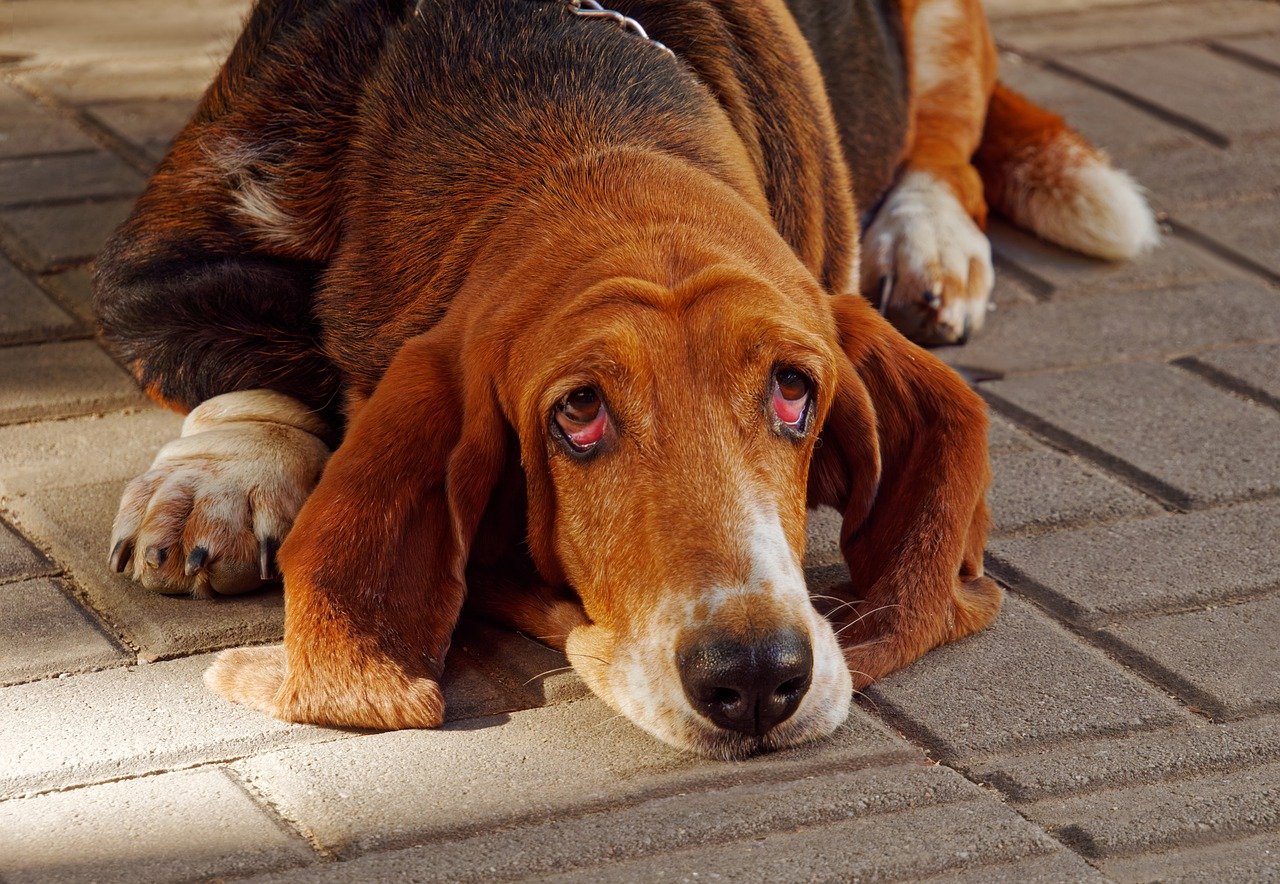

2. Cavalier King Charles Spaniel
Cavalier King Charles Spaniels are known for their loving and gentle nature, making them poor candidates for guard dog roles. These little dogs are more interested in lap cuddles than guarding the house. Cavaliers are extremely friendly, even with strangers, and are more likely to seek affection from an intruder than withhold it from them. Their small size and lack of intimidating presence make them ineffective as defenders. Instead, Cavaliers excel at providing companionship and affection, qualities that go beyond their guarding abilities.
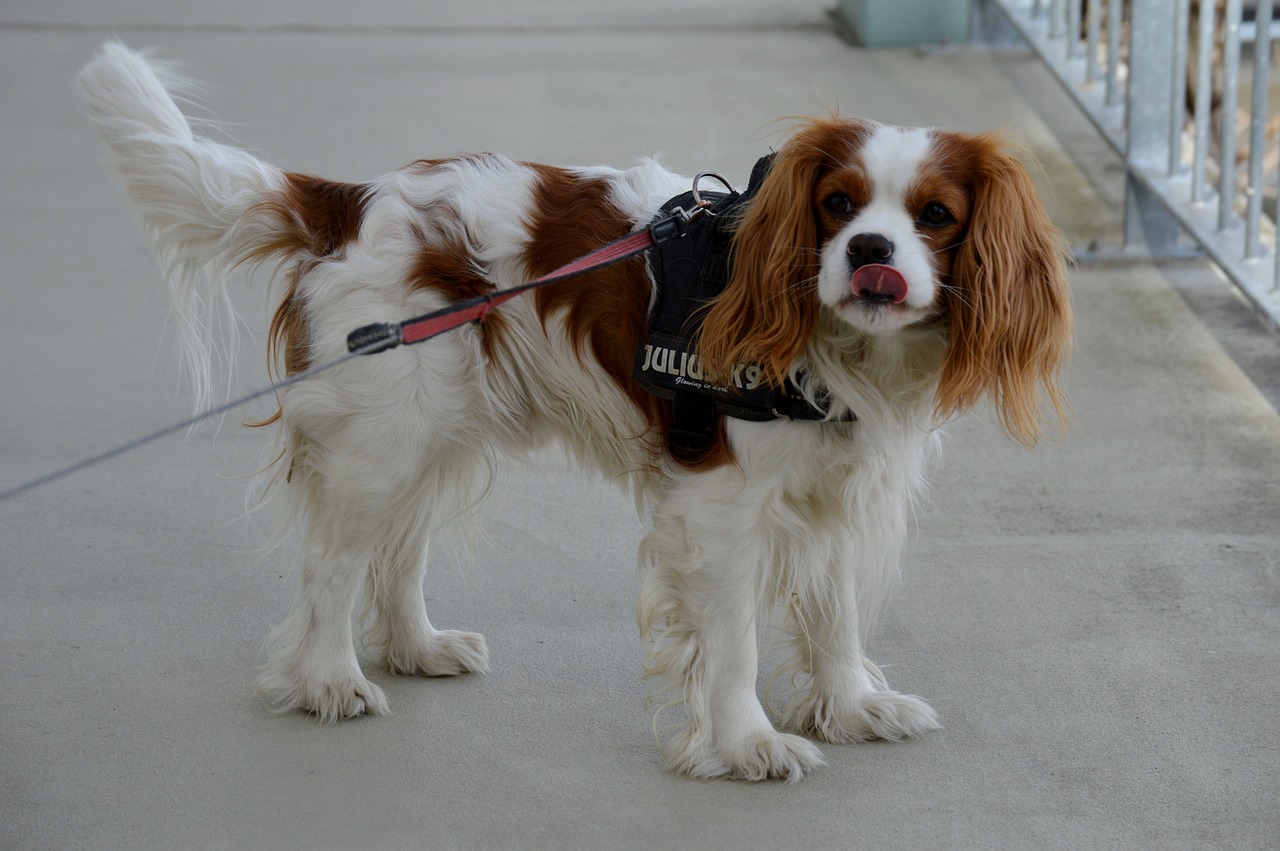

3. Bulldogs
Despite their somewhat gruff appearance, Bulldogs are not good guard dogs. They are usually very docile and friendly, often showing more interest in napping than being watchful. Bulldogs can be stubborn, which may seem like a trait well-suited for guarding, but they’re more likely to use stubbornness to resist moving from a comfortable spot rather than confronting a stranger. Their low energy levels and slow behavior make them less inclined to respond to potential threats, preferring to spend their time resting.
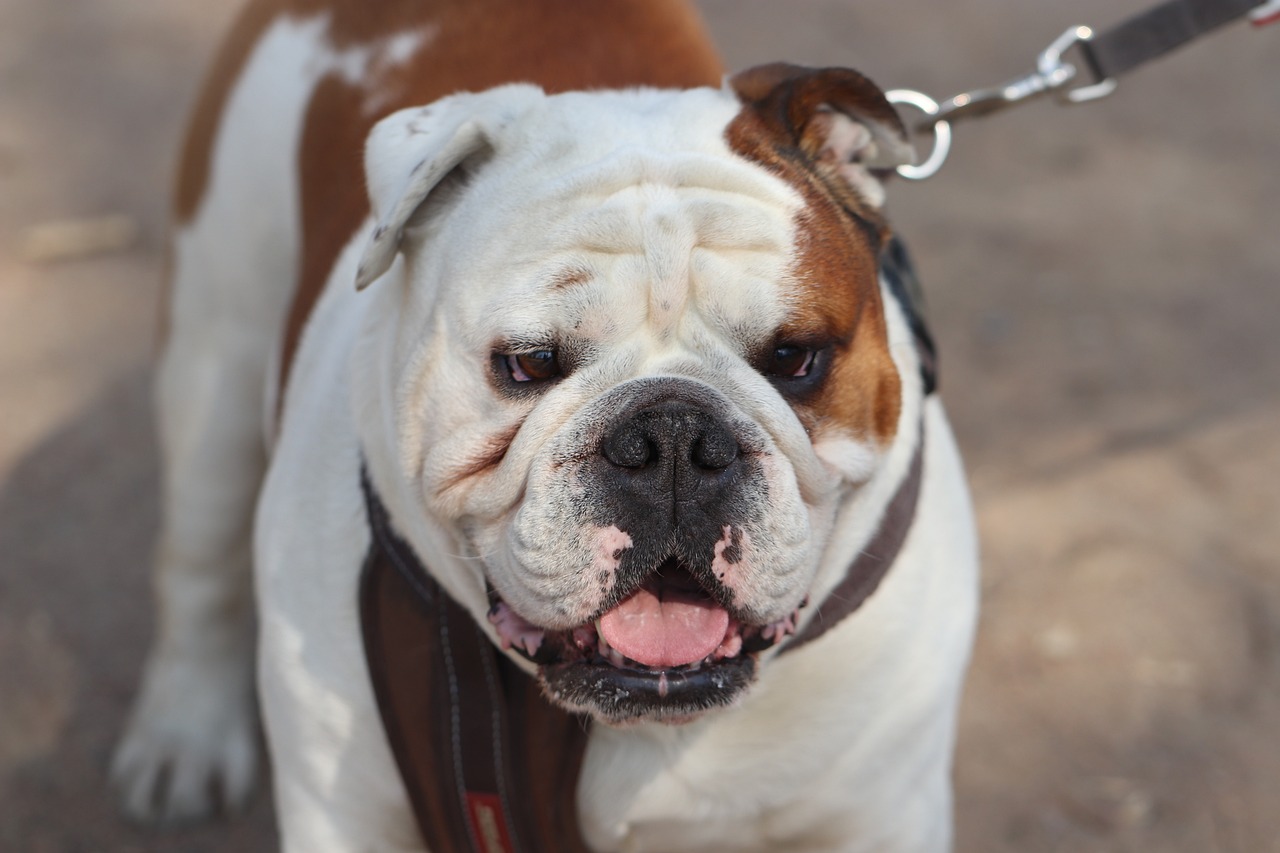

4. Bichon Frize
The Bichon Frize, with its soft white coat and cheerful demeanor, is far from the traditional guard dog. This breed is known for its playful, loving personality, often showering love and attention on anyone they come in contact with. Bichons are social butterflies, thriving on human contact and companionship. Their small size and friendly approach to strangers is more likely to befriend an intruder than deter them. Bichons are good at providing emotional support and joy but are not suitable for anyone looking for a dog with guarding instincts. Their main role is a loving member of the family, bringing happiness and lightness to the home.
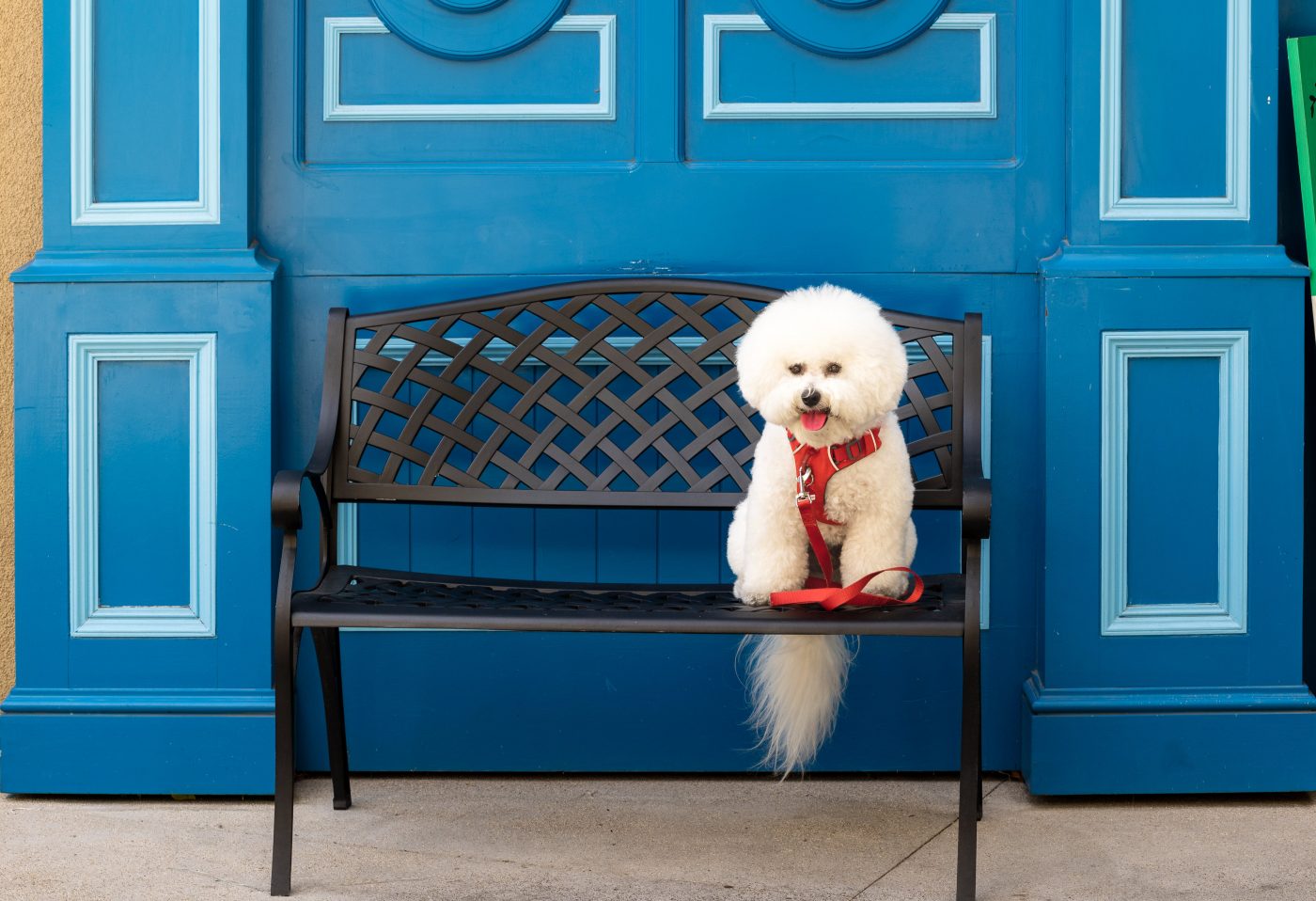

5. Maltese
Maltese dogs, with their small size and loving personality, are far from ideal guard dogs. They are known for being extremely loving and loyal to their owners, but lack the size and temperament to be effective in a protective role. Maltese dogs are more likely to seek attention and comfort from anyone, including strangers, rather than guard against them. Their primary focus is companionship, making them wonderful lap dogs but not reliable watchdogs.
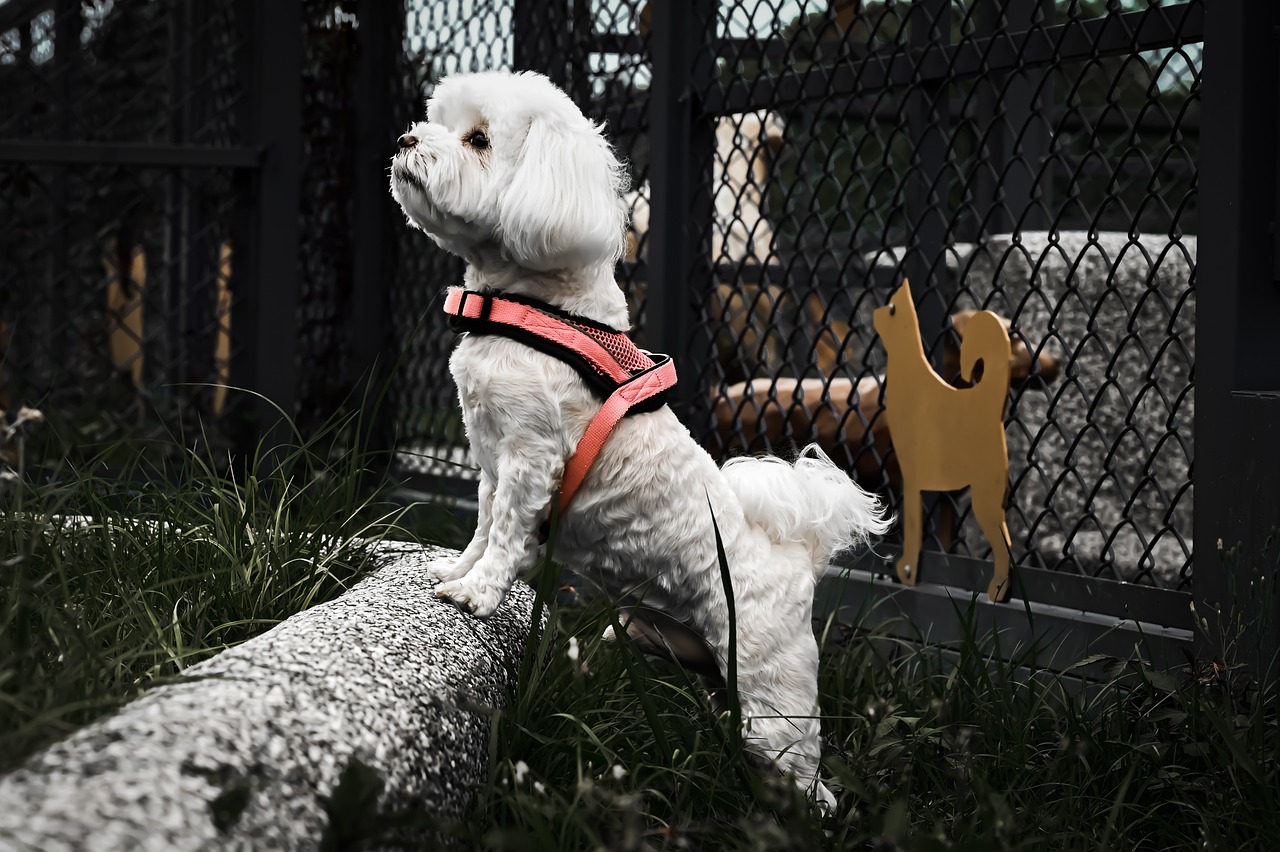

6. Greyhounds
Greyhounds are known for their speed and beauty, but they are not particularly effective as guard dogs. They are generally very gentle and quiet dogs, preferring a peaceful environment to one where they have to be alert. Greyhounds can be quite reserved, even shy, with strangers, but they don’t usually show protective behaviors. They are more likely to retreat than face a threat, making them unsuitable as guard dogs.
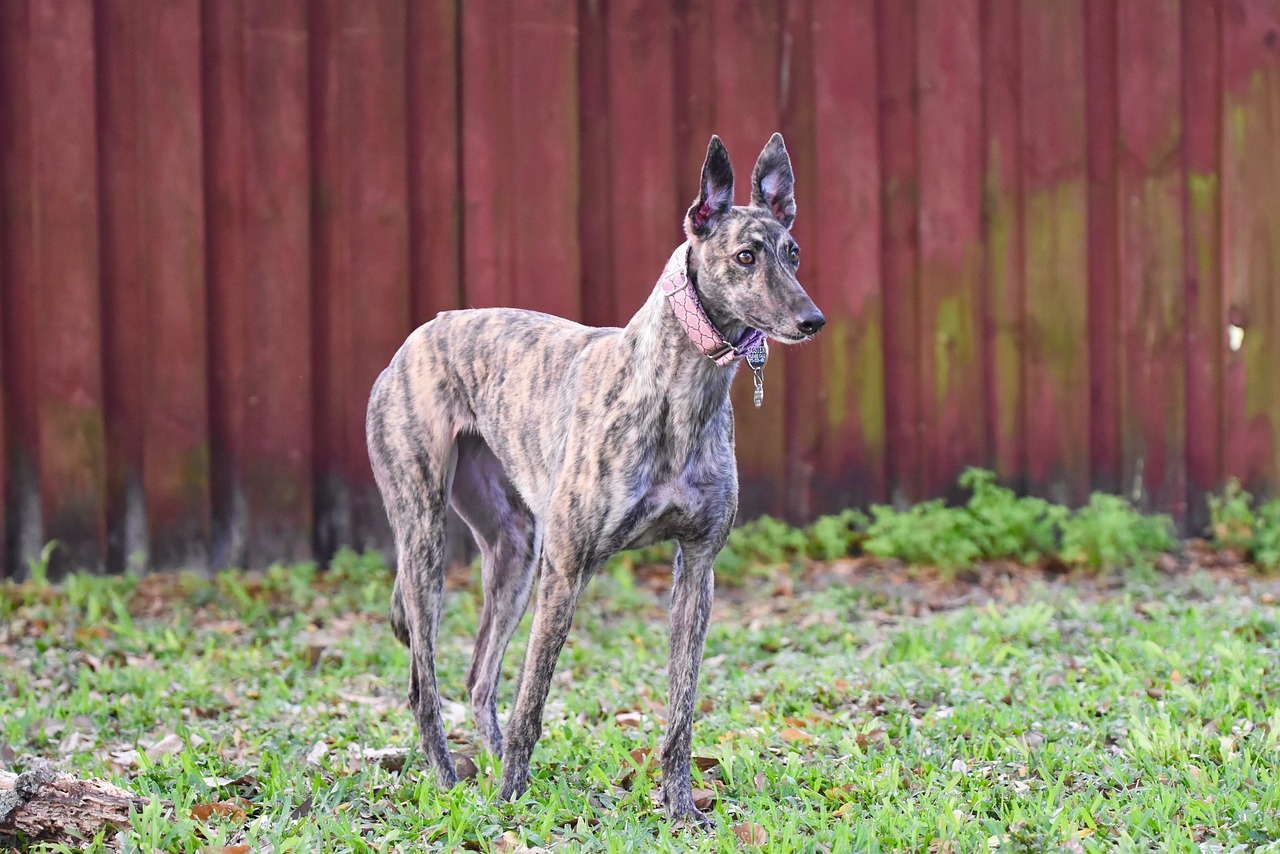

7. Shih Tzu
Shih Tzus were bred to be companions rather than protectors, and their behavior reflects this breeding. They are friendly and sociable, often showing affection to both familiar people and strangers. Shih Tzus are more inclined to seek attention and petting than guard the house. Their small size and lack of guarding instinct make them ill-suited for any protective role, although they excel at being loving and loyal companions.
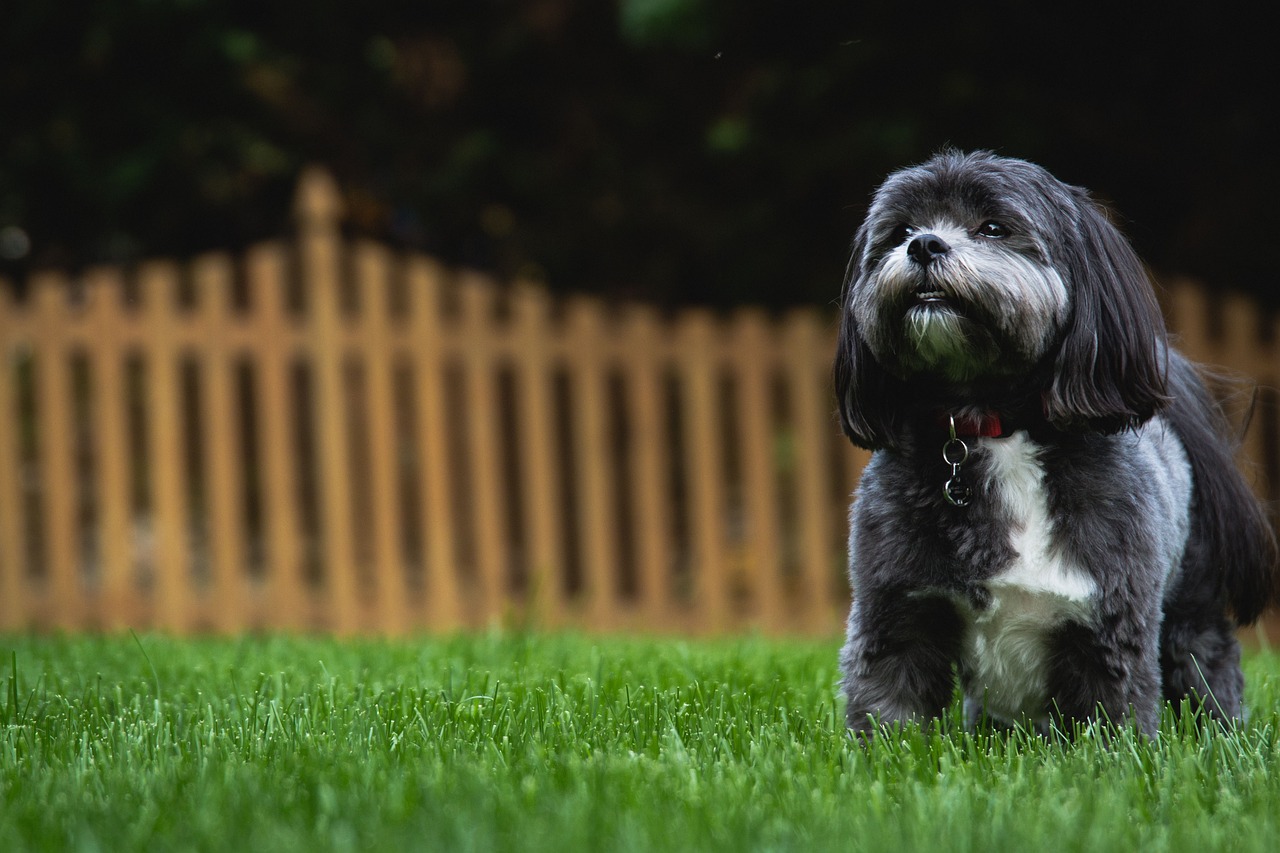

8. Chihuahuas
Although Chihuahuas can be very vocal and may bark at unfamiliar sounds or people, they do not make effective guard dogs. Their small size and tendency to nervousness or fear can hinder any real surveillance ability. Chihuahuas are more likely to hide or seek protection from their owners in the face of a threat, rather than defending their territory. Their loyalty and loving nature make them great companion animals, but not reliable protectors.
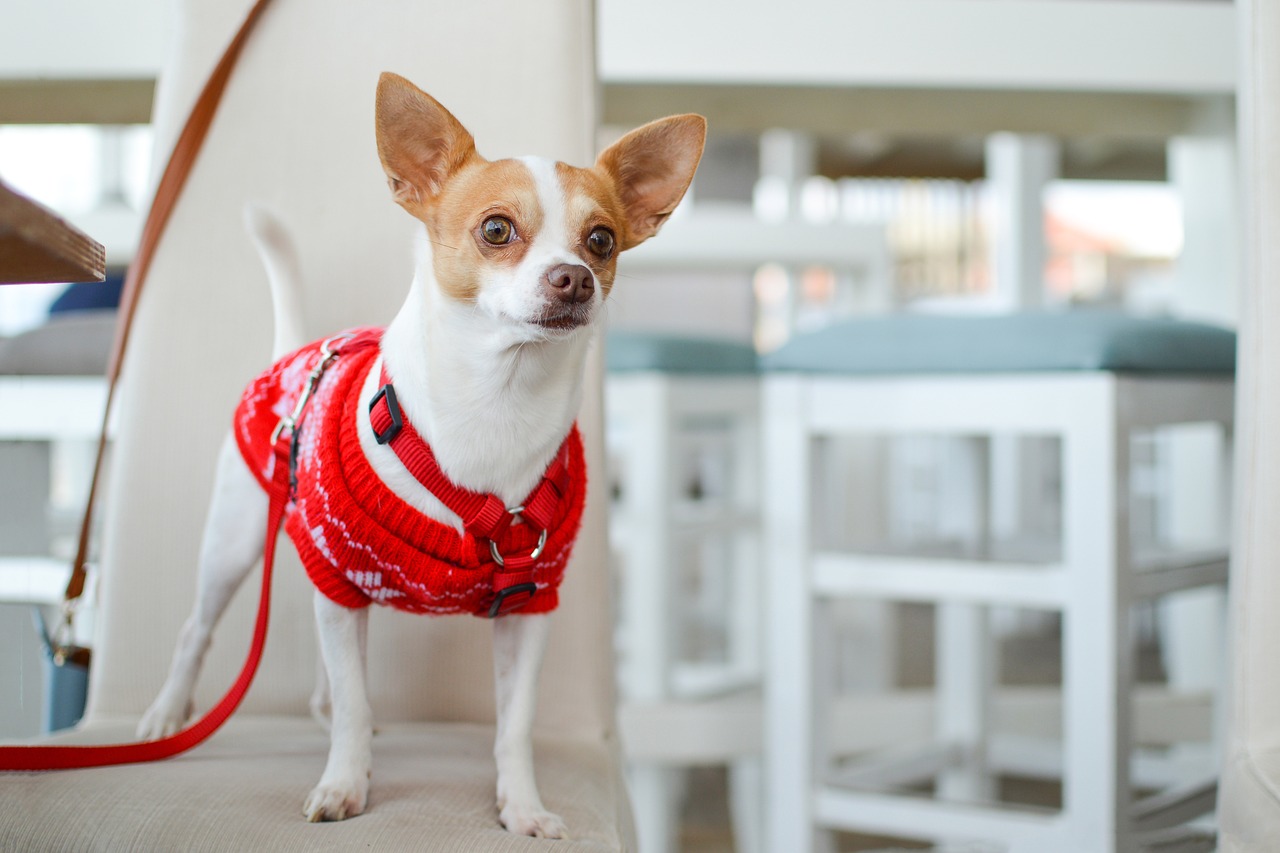

9. Pug
Pugs are known for their charming and friendly personalities, traits that don’t fit well with the traditional guard dog role. They are usually very friendly and affectionate with familiar faces and strangers alike, showing more interest in play and companionship than guarding. The pugs’ small size and lack of intimidation factor also contribute to their ineffectiveness as guard dogs. They are more suited to being entertaining and loving family members.
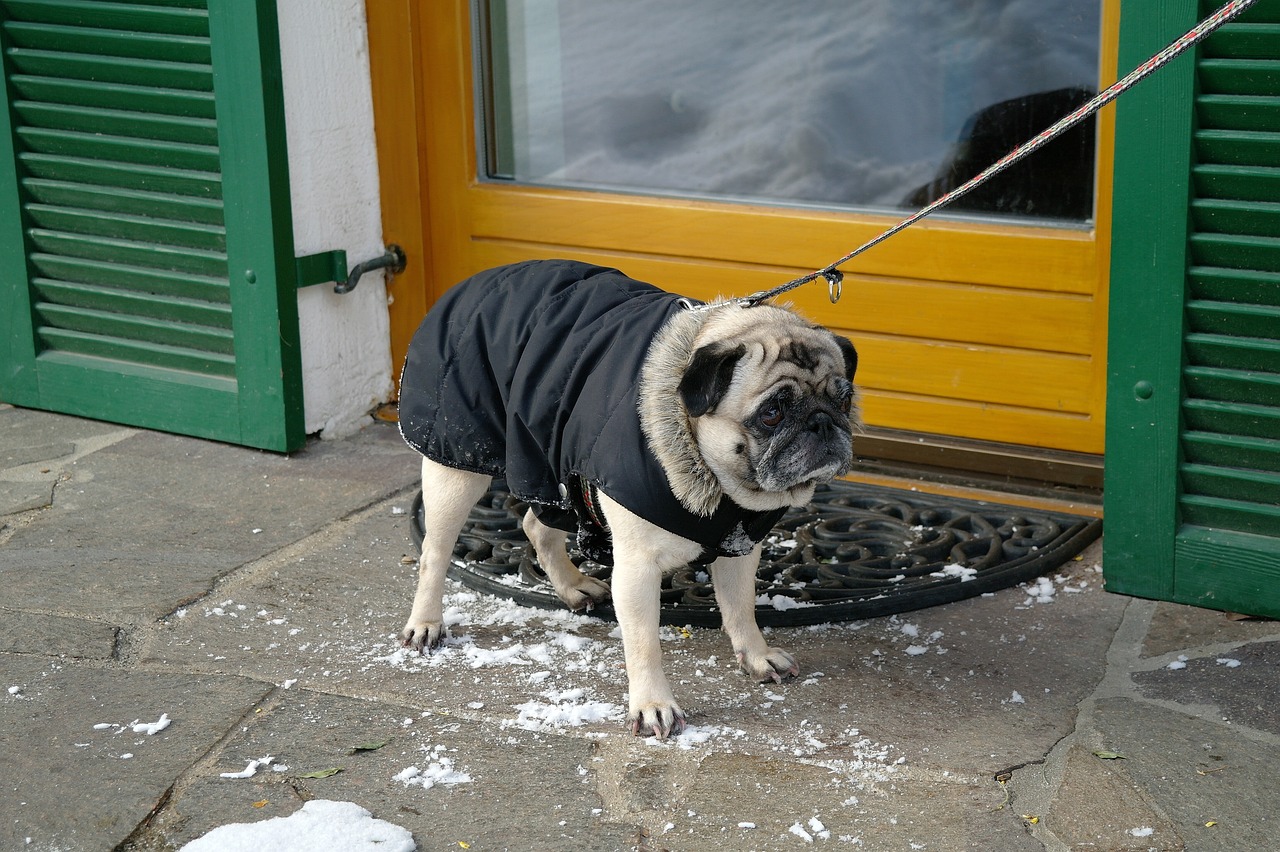

10. Irish Setters
Irish Setters are known for their beauty and friendly disposition, but they are not the best choice for a guard dog. They are very sociable dogs that enjoy being around people, including strangers. Irish Setters are more likely to greet an intruder with excitement and curiosity than suspicion or aggression. Their playful and energetic nature makes them great family pets, but their lack of guarding instincts doesn’t make them ideal for protecting a home.
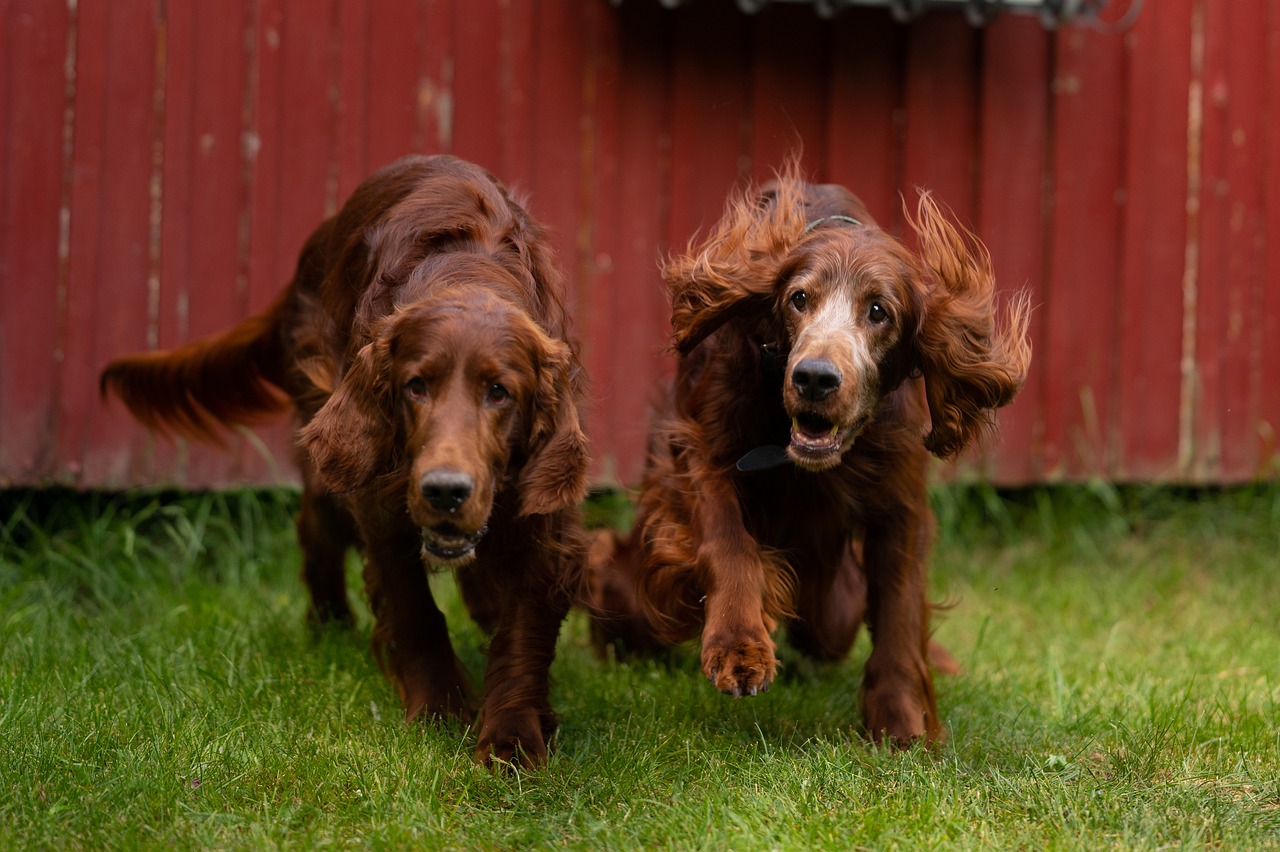

These ten dog breeds, with their friendly and loving natures, are not cut out for the role of a guard dog. Their lack of suspicion of strangers, combined with characteristics such as sociability, gentleness, and in some cases, small size, make them unsuitable for guard duties. However, what these breeds lack in protective instincts, they make up for in companionship and love. They may not be able to guard a home effectively, but they are great at bringing joy, warmth, and love to their human families.


